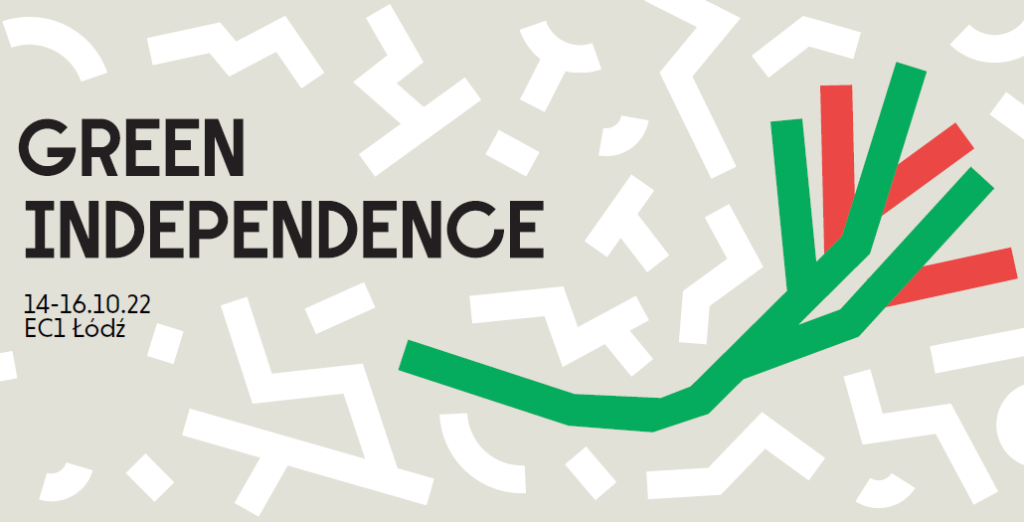ABOUT Liberte
Liberte! is a magazine created by young people in Łódź in 2008. Its mission is to promote an open society, liberal economic ideas and liberal culture and to organize a social movement around these ideas.
Liberte! cooperates with well-known institutions such as Batory Foundations, Naumann Foundation, Polish Confederation of Private Employers Lewiatan as well as Polish Ministry of Culture and National Heritage. Up to now 10 issues of the magazine were printed, the on-line version is available both in Polish and in English.
Liberte! is not only a magazine, it is also an institution which organizes numerous events such as conferences (for example the conference ‘What capitalism after the crisis?’ in cooperation with Lewiatan) or debates. It provides patronage over many important events, such as the 20th Economic Forum in Krynica.




